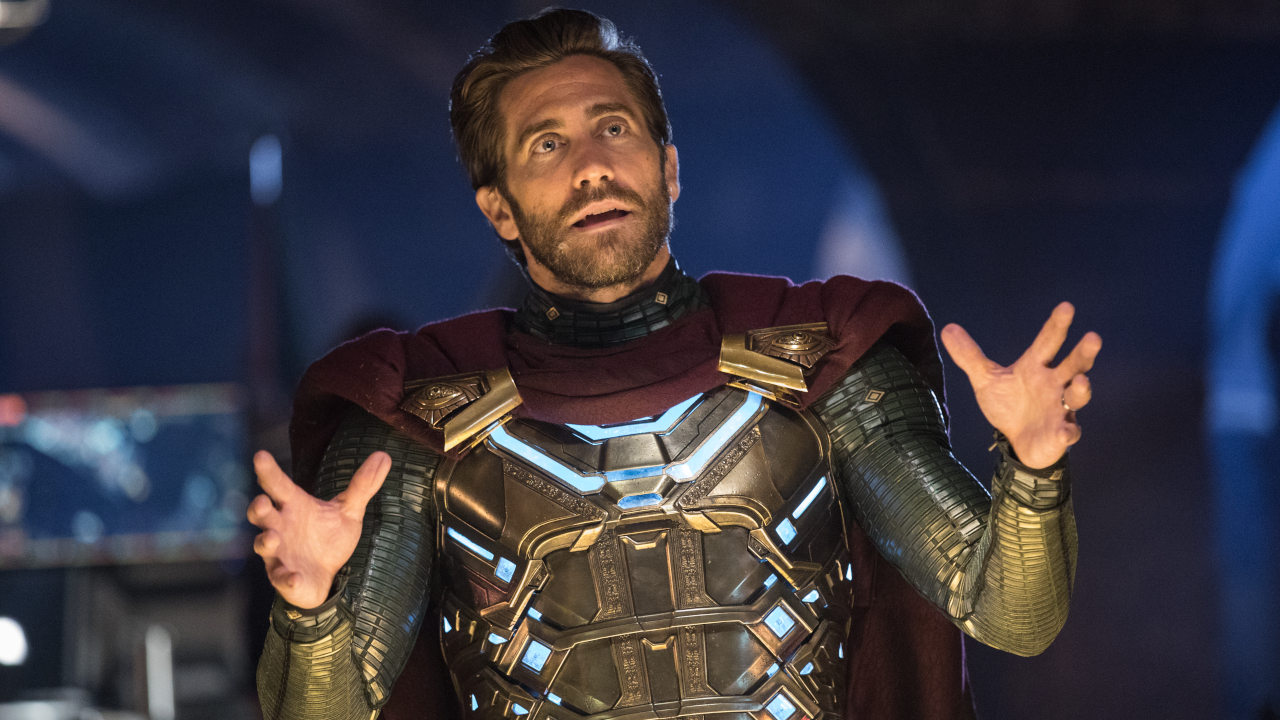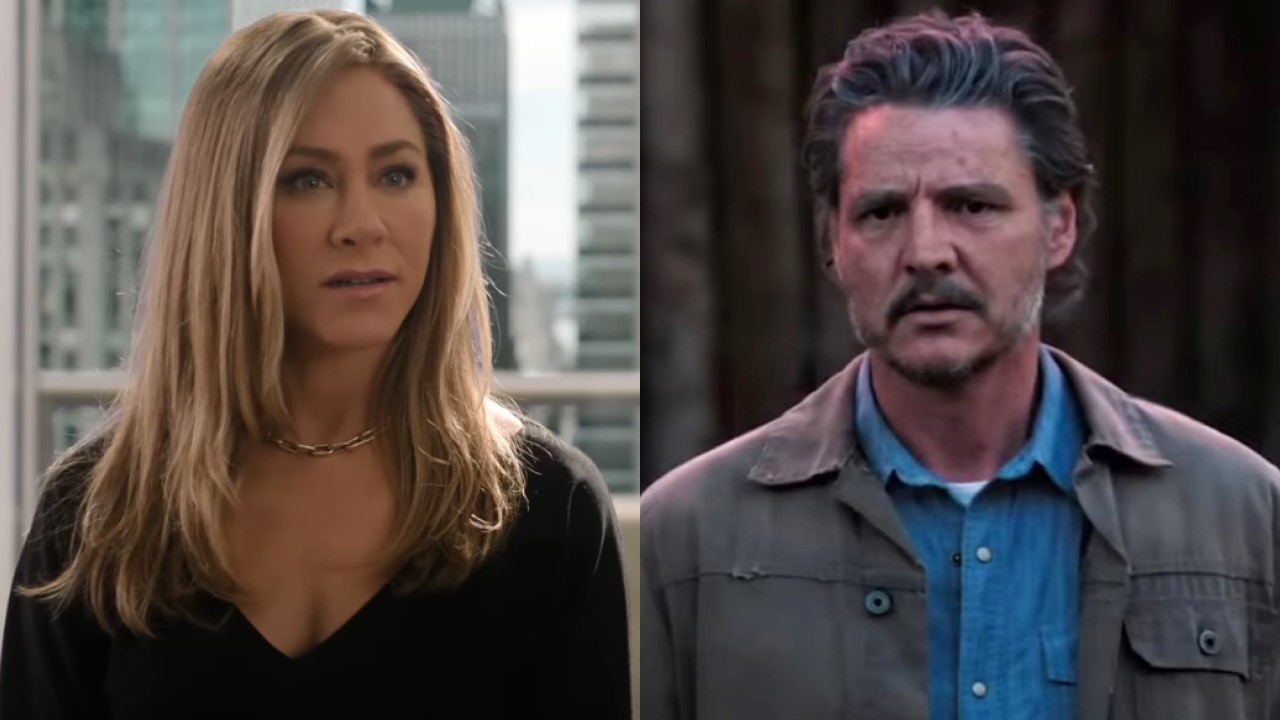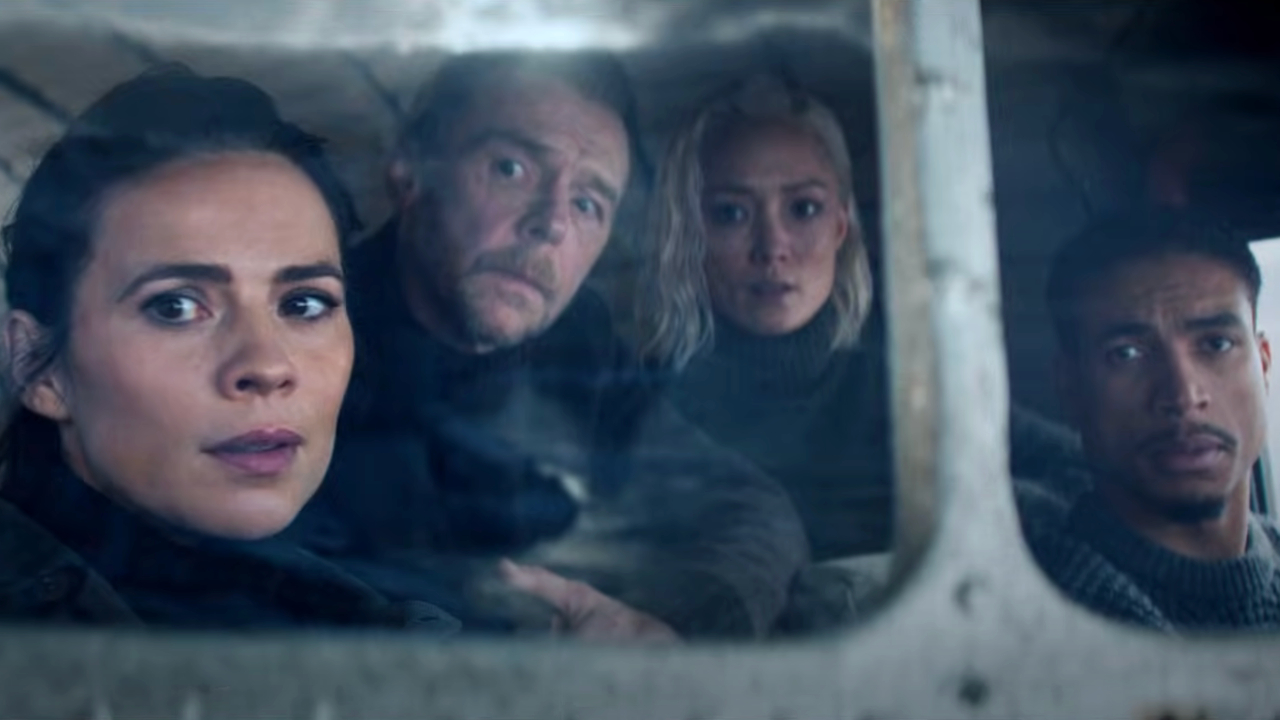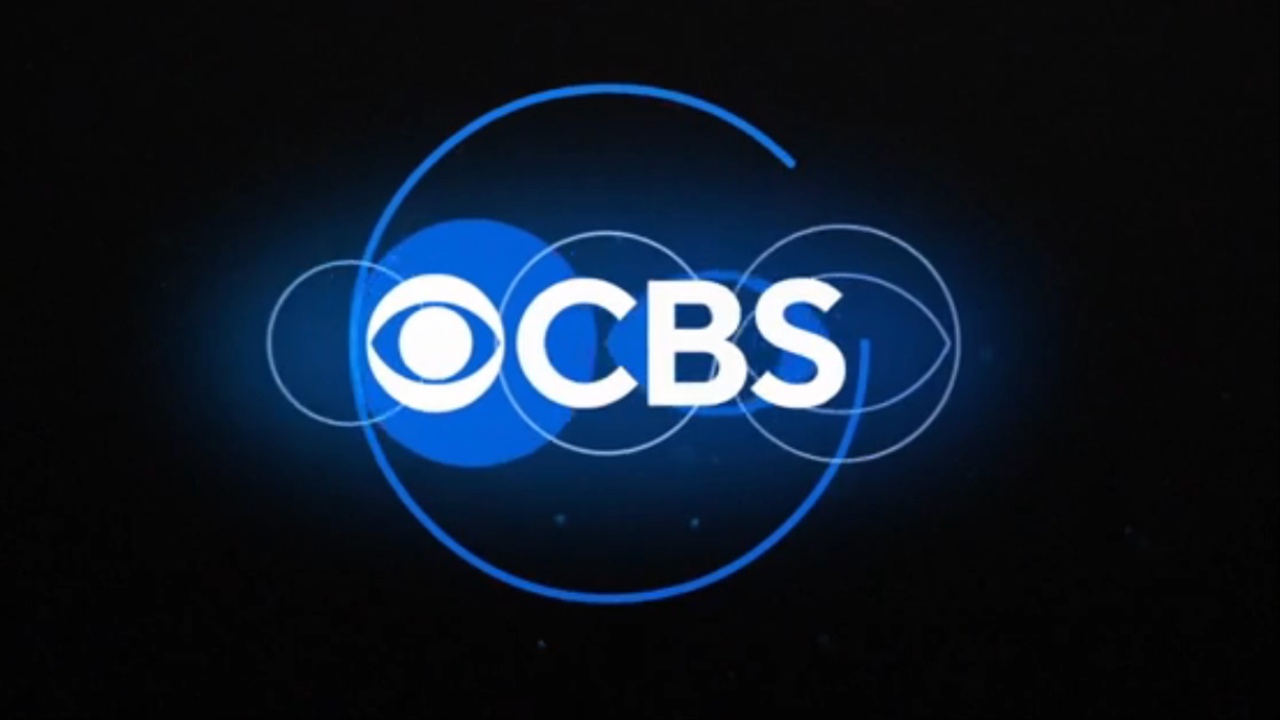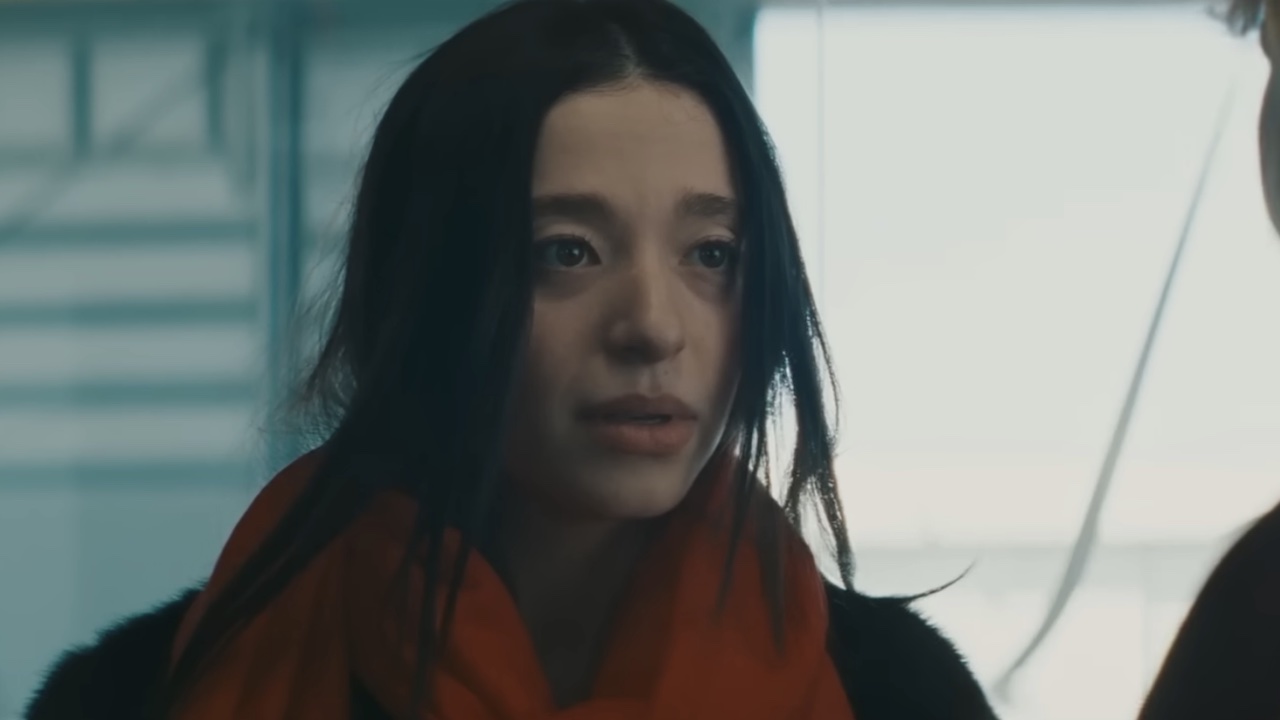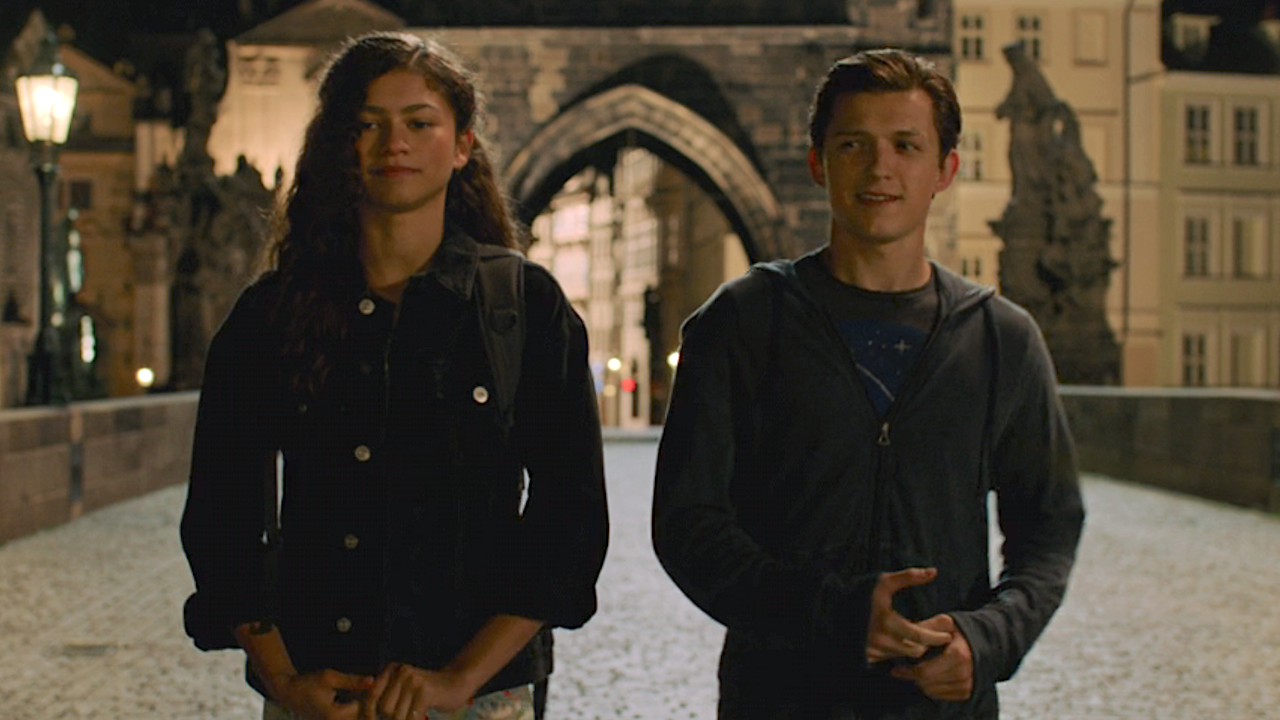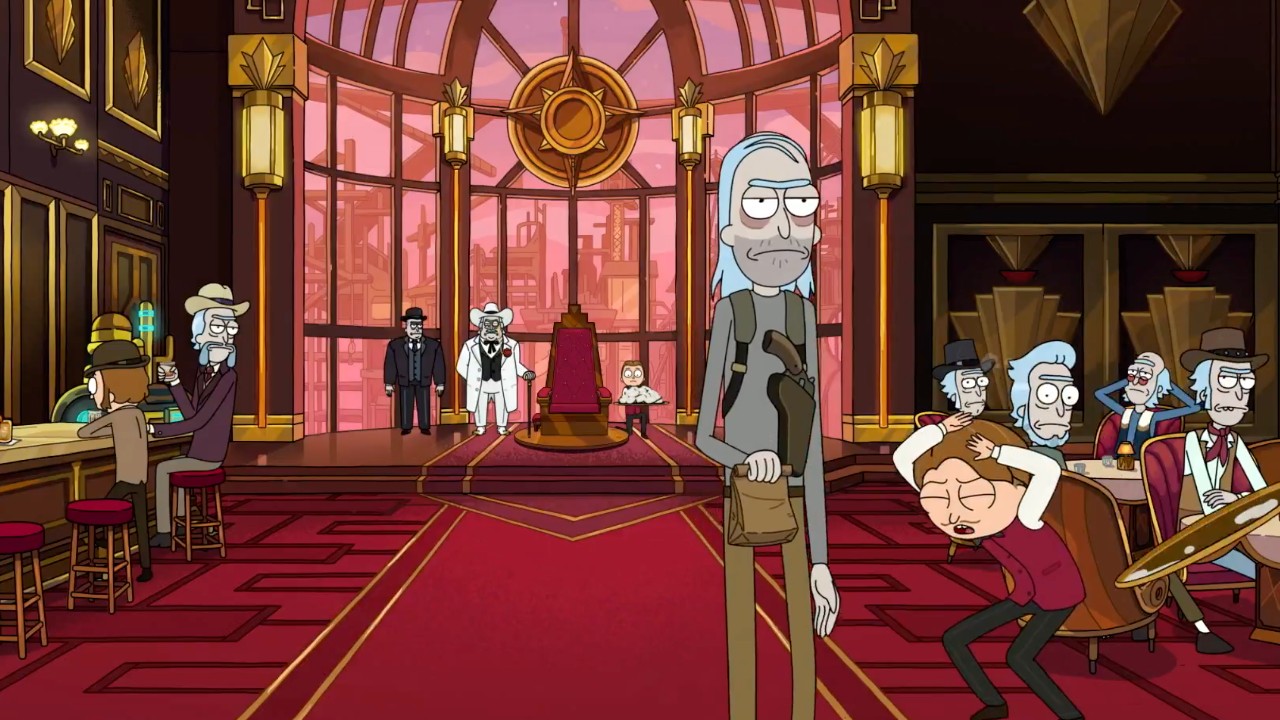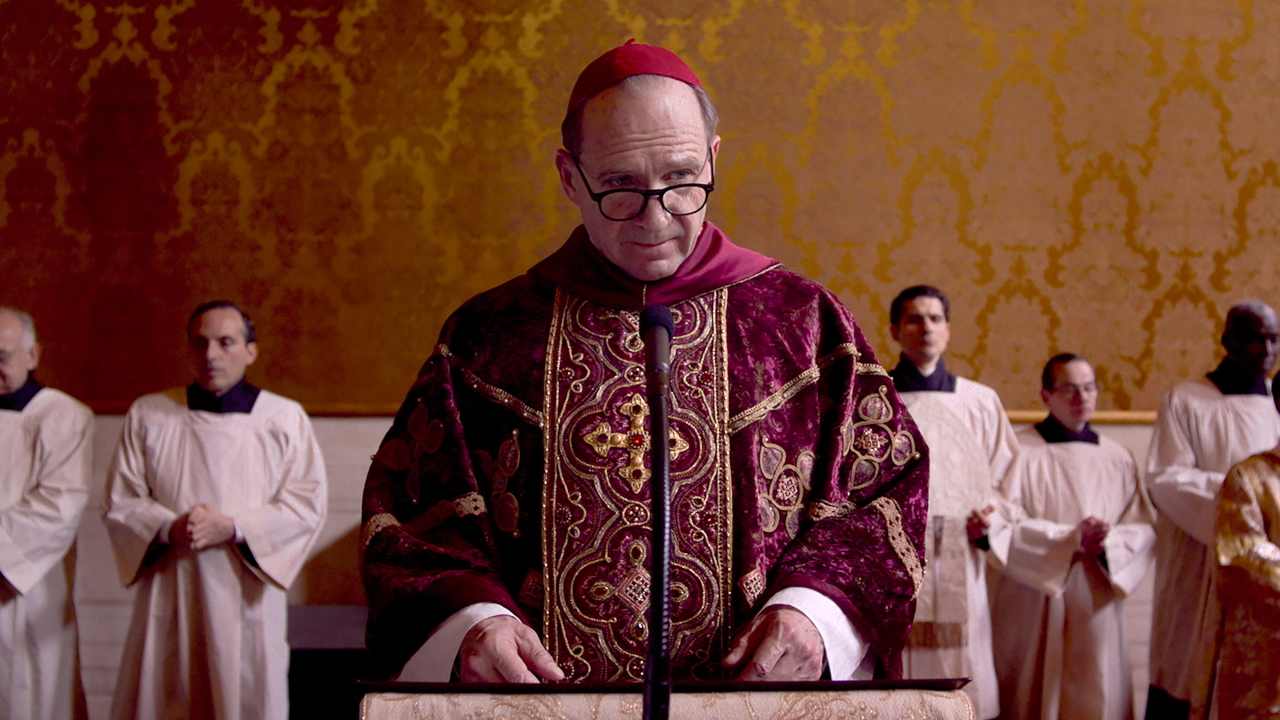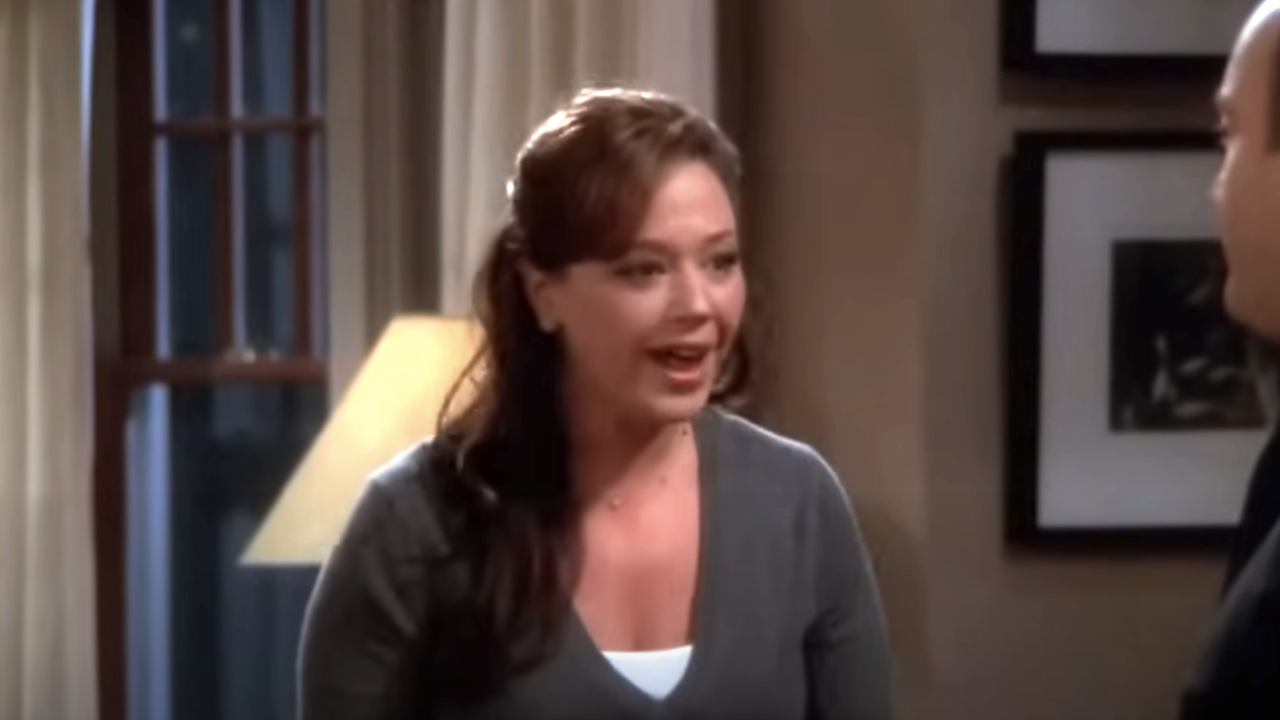The Morgan Twist Ending: What Happened, And What It Means
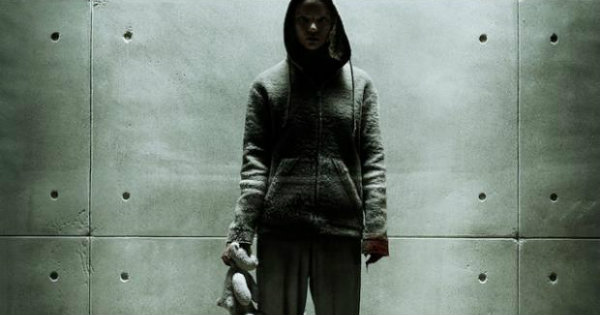
Warning: MAJOR spoilers for Morgan below. You have been warned.
Much like his father's work on Blade Runner, Luke Scott's Morgan has proven itself as a surprisingly effective sci-fi thriller -- replete with an ending that forces us to question everything we think we know about the film. Morgan features a brave, quintessentially sci-fi twist involving Kata Mara's Lee Weathers and Anya Taylor-Joy's Morgan. However, it raises one question: does the twist work? As enjoyable as the movie is to watch, we think Morgan stops just short of greatness, and that's because of a poorly executed twist.
We've gone through the details, and come up our definitive rationale for why the twist ending in Morgan doesn't work. It's a solid thriller that exemplifies some truly masterful filmmaking techniques, but the ending simply doesn't stick the landing as well as it wants to, for specific reasons. Of course, we will get to that eventually, but let's get you caught up regarding what actually happens in the film's finale.
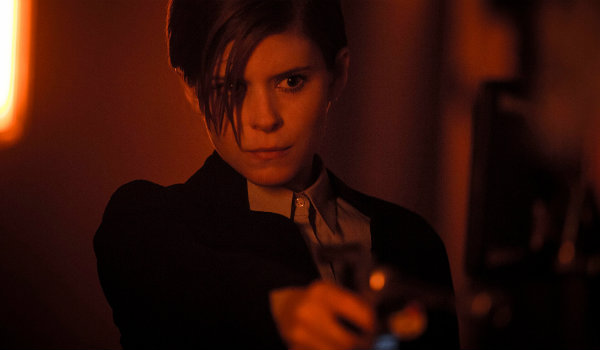
What Happens
After a slow burn first hour, Morgan kicks into high gear once the titular bio-weapon finally escapes. Realizing that her creators don't truly think of her as a friend, Morgan (Anya Taylor-Joy) breaks out and goes on a rampage through the compound where she was born. Trapping Lee Weathers (Kate Mara) in her cell, Morgan starts to pick off the scientists one by one, and kidnaps Amy (Rose Leslie) -- the one member of the staff with which she has a genuine connection.
Lee eventually frees herself from the cell, and chases after Morgan and Amy with the help of Skip (Boyd Holbrook). Tracking the escapee to a nearby lake, Morgan and Lee engage in a vicious forest fight ripped straight from the pages of First Blood, with each woman utilizing their respective skills, experiences, and combat talents. Eventually, Morgan impales Lee on a dead tree branch but simply leaves her to bleed, having seemingly learned compassion from an earlier experience in which she killed a deer that had suffered the same injury.
Morgan returns to Amy, and the two look out over the beautiful lake. They gaze in awe at the majesty of nature, when suddenly Lee appears and brutally drowns Morgan under the water. Having accomplished her mission, Lee's demeanor suddenly turns very cold as she guns down Amy and Skip -- leaving no witnesses of the Morgan program behind.
Later, in the final moments of the film, we see Lee Weathers nursing her wounds at a diner while Brian Cox's character discusses her performance with other mysterious businessmen in a boardroom. They praise her efficient work, and discuss the fact that, although the Morgan program yielded interesting results, the "old dogs" make for better hunters. As one member of the board asks Brian Cox what to do about Ms. Weathers, she looks at her hands the same way Morgan did earlier in the movie, and Cox simply replies "she's perfect." Cut to black.
CINEMABLEND NEWSLETTER
Your Daily Blend of Entertainment News
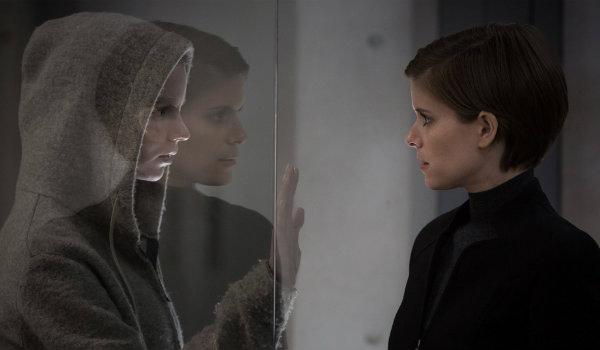
What The Ending Means
The ending of Morgan implies that Lee Weathers and Morgan have far more in common than we know. Although Lee blended in with the scientists at the compound perfectly, she's actually the product of another program designed to create a bio-weapon just like Morgan. She's an older model, with somewhat less advanced emotional development, but that actually makes her a more efficient and lethal killer.
This finale insinuates that, not only could bioengineered beings currently be walking among us, but those executives with the power to create them have no interest in teaching them compassion. The executives responsible for funding Morgan's creation consider the child's emotional development interesting, but little more than a novelty -- when all they really want is a high-tech assassin. Lee is stunted by comparison to Morgan, but that makes her useful, and far more deadly.
Once we have learned that Lee isn't naturally human, this paints the final confrontation in an entirely new light. The fact that Morgan decided not to kill Lee against the fallen tree means that the younger, newer model could have potentially learned compassion, and evolved to live a peaceful existence. On the other hand, Lee's inherent callousness and coldness prevents her from attaining that level of self-awareness, and allows her to murder everyone at the lake with ease. It's a complete reversal, as the movie initially wants us to side with Lee Weathers as the more human of these two characters when they first meet.
But the twist doesn't work. Allow us to explain.
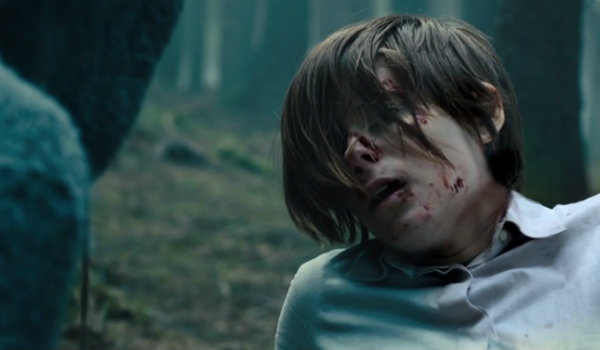
Why The Twist Disappoints
On paper, the twist ending of Morgan should work, but it doesn't. The problem with Morgan's finale is the fact that the film telegraphs it far too early, and consistently hints at it. By the time the twist is actually revealed, most of us probably have already figured it out.
There are too many overt hints, from Lee Weathers' robotic appearance and demeanor, to the way in which her own face is reflected on Morgan's when they look at each other through the window of Morgan's cell. The film wants to hint at this twist so that it doesn't come out of nowhere, but it ends up swinging too far in the opposite direction. Many films don't earn their twists, but Morgan works TOO hard to earn it.
Our biggest issue with this is the fact that the movie tells us upfront that there's more to Lee than meets the eye. From the moment she arrives at the compound, it's made abundantly clear that she's not just a suit from corporate working to assess the risk posed by the Morgan program. Kathy (Jennifer Jason-Leigh) calls her an assassin the first time they meet, and she's right. Once we see how much of a badass Lee actually is, it feels far less poignant because we expect it.
This problem seems further exacerbated by the fact that other films of a similar ilk have used twists to better effect in recent years. For example, Alex Garland's Ex Machina expertly lulled the audience in with the idea that Caleb (Domhnall Gleeson) had been randomly brought in to administer the Turing Test on Ava (Alicia Vikander), when in actuality he had been specifically chosen. That twist worked because the film trusted the audience to get it without beating us over the head with it prior to its reveal. By comparison to Luke Scott, Alex Garland used a far more delicate touch in his storytelling. Morgan's twist could've proved equally effective, but the film feels to insistent on laying groundwork for the reveal, and that weakens the ultimate reveal in the process.
Of course, that's just our take. What're your thoughts on Morgan's twist ending? Let us know what you think in the comments section below to keep this conversation going!
Originally from Connecticut, Conner grew up in San Diego and graduated from Chapman University in 2014. He now lives in Los Angeles working in and around the entertainment industry and can mostly be found binging horror movies and chugging coffee.

